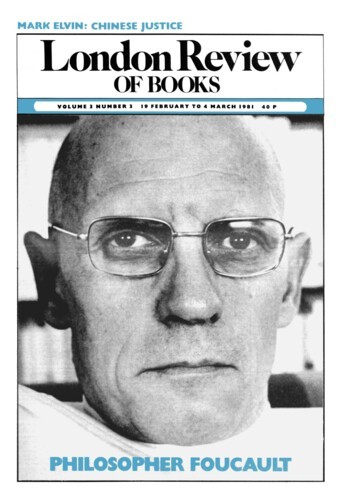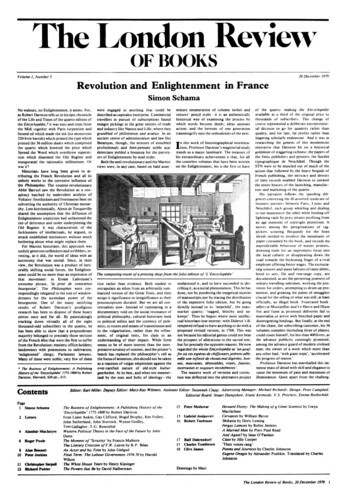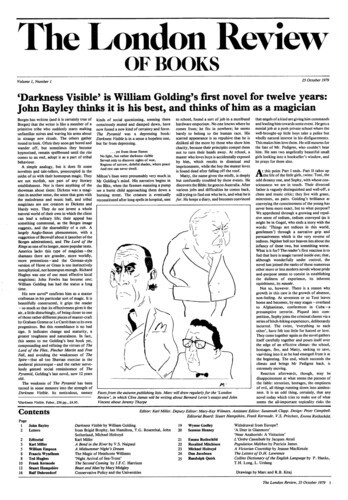Disjunction and Analysis
Ralf Dahrendorf, 19 February 1981
The proof of a theory may lie in its application, but application means very different things in different corners of the universe of the mind. Expecting an eclipse of the sun at a certain time and place, and for a certain duration, is one kind of application. Producing a silicon chip which programmes certain operations is another kind. But in the social sciences there are no such tangible applications (and we all pay the price for the fact that some seem to believe that economics is different). It is true, I have sometimes dreamt of the weatherman after the television news being followed by a ‘social processes man’ who points at various parts of the globe and describes the unstable and thunderous condition in the Middle East, the stable high-pressure area over the Soviet Union, and the disturbing influence of Atlantic depressions on Europe. However, this is not going to happen, and if it were, it would still be different in kind from the application of theory in astronomy. It would be an exercise in Verstehen rather than straight application.




